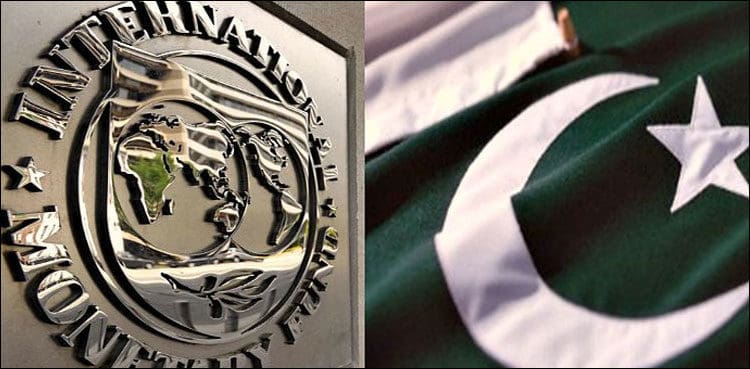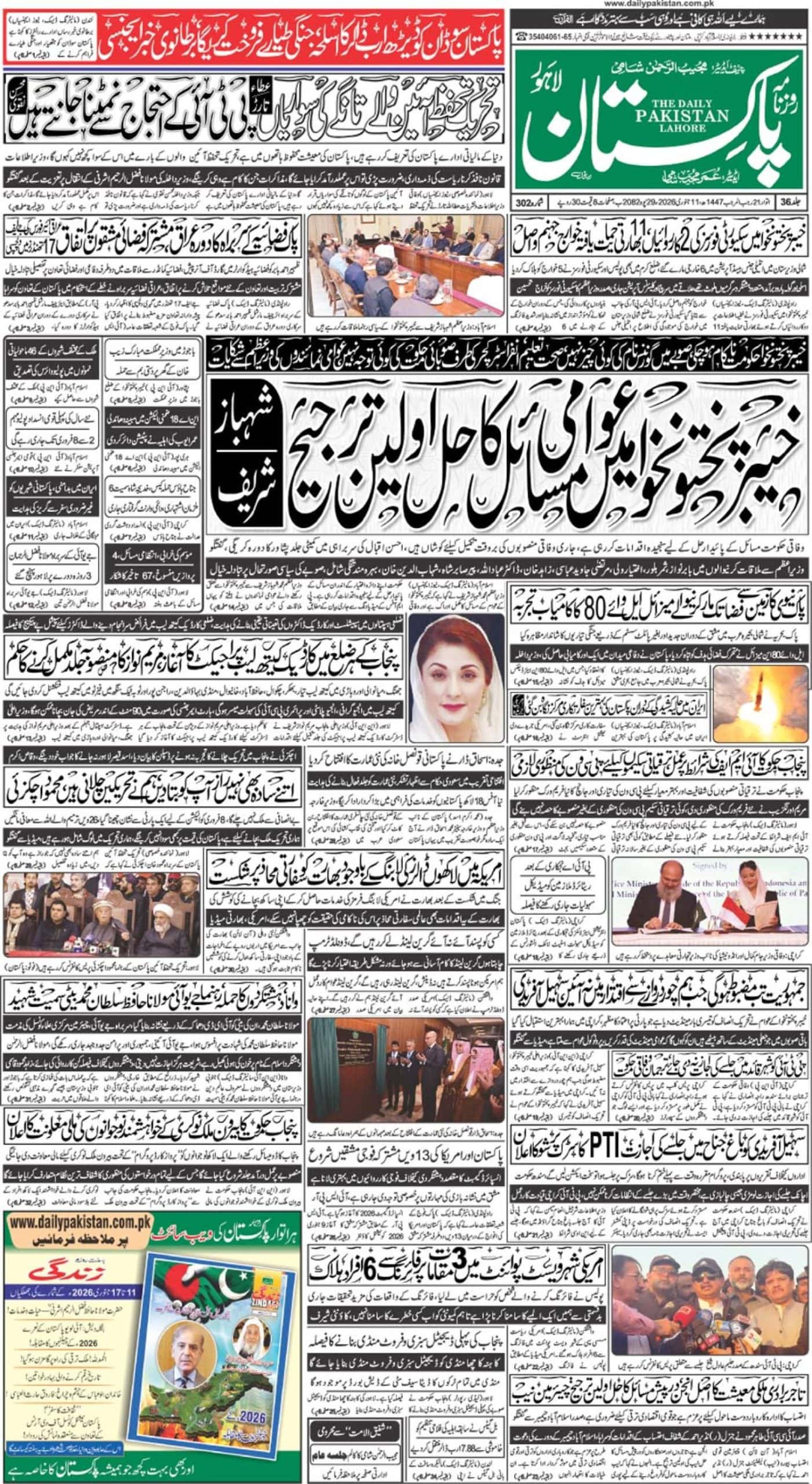ISLAMABAD – An International Monetary Fund mission concluded its visit to Pakistan Tuesday, the IMF said on Tuesday, adding that “significant progress” had been made but talks will continue on a possible bailout.
“The Pakistani authorities and IMF staff have made significant progress toward reaching an understanding on policy priorities and reforms that could be supported by a financial arrangement with the IMF,” the statement read.
“Discussions will continue in the coming weeks toward reaching staff-level agreement,” it added.
An International Monetary Fund (IMF) mission led by Harald Finger visited Islamabad from November 7-20, 2018 to initiate discussions on a financial arrangement with the IMF requested by the Pakistani authorities to support their economic reform program.

“The IMF mission has been engaged in productive discussions with the Pakistani authorities on economic policies and reforms that could be supported by a financial arrangement with the IMF. In this context, there has been broad agreement on the need for a comprehensive agenda of reforms and policy actions aimed at reducing the fiscal and current account deficits, bolstering international reserves, strengthening social protection, enhancing governance and transparency, and laying the foundations for a sustainable job-creating growth path.
“Our dialogue with the Pakistani authorities will continue over the coming weeks,” Mr Finger stated at the end of the visit.
The IMF team “is grateful to the authorities for open and constructive discussions,” the statement continued.
The IMF team met with Minister of Finance, Revenue and Economic Affairs Asad Umar; Minister of Planning Khusro Bakhtiar, Minister of State for Revenues Muhammad Hammad Azhar, Advisor to the Prime Minister for Commerce Abdul Razak Dawood, Advisor to the Prime Minister for Institutional Reforms and Austerity Ishrat Hussain, SBP Governor Tariq Bajwa, BISP Chairwoman Sania Nishtar, Finance Secretary Arif Ahmed Khan, FBR Chairman Mohammad Jehanzeb Khan, provincial Finance Ministers, parliamentarians, other senior officials, and representatives of the donor community.
Pakistan — which has gone to the IMF repeatedly since the late 1980s — is facing a widening balance of payments crisis.
But earlier this month finance minister Asad Umar said that unspecified assurances from China — combined with a pledge made by Saudi Arabia in October — meant that Pakistan’s immediate fiscal woes were “over”.
Riyadh pledged $6 billion in funding and struck a 12-month deal for a balance of payments lifeline during a visit by Prime Minister Imran Khan.
No further announcement has been made about any Chinese assistance.
Despite the pledges, Pakistan has said it will still seek broader IMF support for the government’s long-term economic planning.














